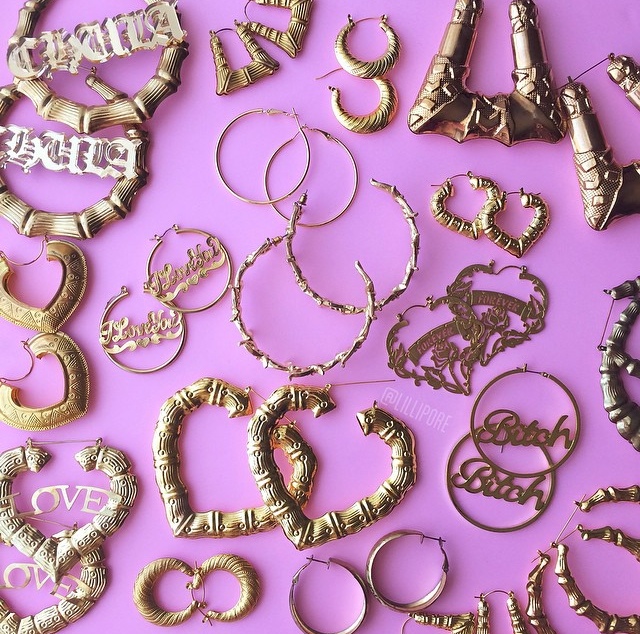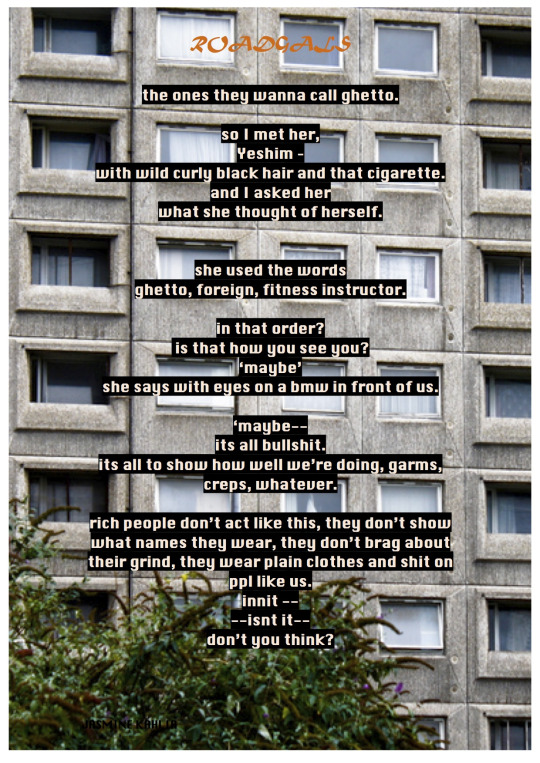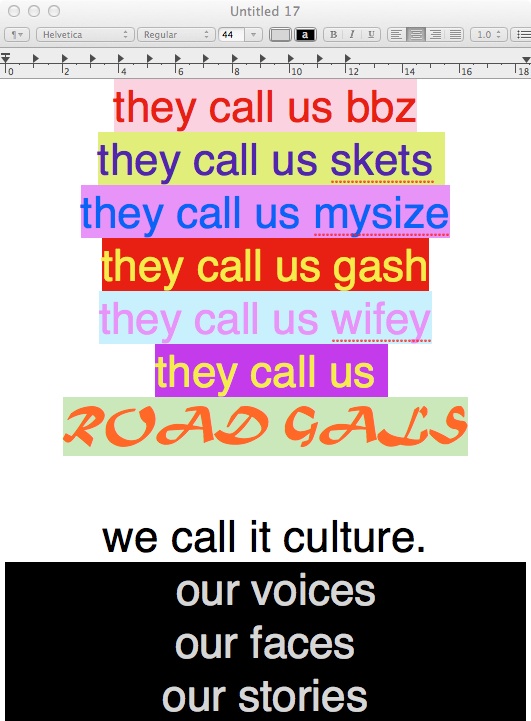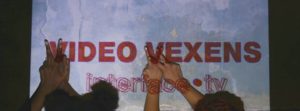Video VEXens are a continually expanding audio visual network who describe what they do as “working to ctrl-alt-delete the power imbalances in music.” With over 20 artists, the growing ecosystem includes Oretha — who here contributes her new ‘Takeover’ mix below — ASKA, Ayaya, Tajah, Fraulein Litchi Klein, MASOL, AMZ, Kaisle Grai (aka Jasmine Kahlia), Rebekah Ubuntu, Alba and Abondance, among others.

Bringing together a multitude of individual practices by women of colour, the group activate and support each other through an ethos of self-representation and collaborative inclusivity to foster growth and dismantle “shitty club culture, identity theft and restrictive stereotypes.”
We communicated with members of the network about their upcoming event ‘Road Gals LDN,’ on at London’s Rich Mix on February 8, as well as their splintered and collaborative approach to making, both online and off and its relationship to the current UK-wide ‘cultural renaissance’ (a term coined by Jacob V Joyce) of POC representation.
** Tell us a bit about Road Gals.
Kaisle Grai: ROAD GALS is an artistic collaboration and exhibition curated by Abondance, Masol and myself and will showcase original unseen pieces on the night. There will be different projects coming up from and themes documenting girls in grime and hip hop [and also ‘road’ culture]. These experiences are usually erased and overshadowed by the ‘mandem’ perspective. This night will showcase many working or lower-middle class female artists and give a musical platform for female MCs on the night. There will be a digital exhibition as well.

** How long have you been working together and how did it all come together?
Ayaya: Video VEXens was set up in January 2016, but launched in June 2016 with an audio visual party at HUB16.
ASKA: We’ve grown through making connections online, and IRL through our events.
** Do you have a shared goal as a collective or do u exist as a support network for a more splintered approach to making?
AY: We have a shared goal in making the creative work of womxn, non-binary and queer people of colour more visible. But we celebrate our individuality. Everyone has their own projects they work on, and it’s nice to come together and support each other on/offline.
** Is collectivity a political thing for you?
Rebekah Ubuntu: Whenever you have collectivizing of any marginalised section of society, you basically have an act of resistance happening. Anyone taking up spaces that weren’t made for them is political.
Video VEXen: VV is part of what Jacob V Joyce in their recent Ted Talk calls a UK wide ‘cultural renaissance’ of black, brown, POC collectivising. Think: Gal-dem, BBZ, Magic Clit, Reel Good Film Club, Resis’dance, Goldsnap, Catcall, Pussy Palace, The Batty Mama, Mixed Spices, CocoaButter Club, Sisters Uncut, LGOLDBT, Siren, Sister, Room 4 Resistance, UNITI, among several others past and new popping up all the time.

These collectives are resisting erasure, exclusion, exclusivism, appropriation, systemic racism, sexism, homophobia, classism, etc. and putting nuanced intersections on a proper fire map!
VV: VV hopes to contribute and be a part of this cultural renaissance.
AY: ++friendships
** What pisses you off the most about the contemporary music and art scene?
AY: We were pissed off about the misrepresentation we saw with a lot of club nights in London, especially the use of black artists to advertise nights, which didn’t cater to black people. And also issues with safety when clubbing as qtipoc and woc.
But there are so many amazing, talented collectives that have come up in the last few years, a new community is forming. Proud to be part of this DIY movement being lead by qtipoc people. It’s nice to have more options, more often.
** Are you optimistic about the potential for art and music to make a change in this political climate?
RU: It already is — we’ve had, just last year, Gal-dem in V&A, Travis Alabanza on a year long residency at both Tate Britain & Tate Modern, Queer Black Spaces at UCL & Tate, Shades of Noir across all the UAL campuses, an impressive programme of unearthing PoC in Britain.
AS: Art and music have the power to transmit ideas and challenge realities. We are inspired and strengthened by the support network we build around us, and the changes we see happening every day.
** Can you talk a little bit about anti-genre?
RU: Perhaps this is also linked to the ‘aesthetic of failure’ / 8-bit aesthetic? I know these resonate with me and especially at the VV live shows.
AS: It’s part of what we do — self-defining rather than being labelled by another’s gaze. We make work for us. We’re interested in subverting genres, picking apart the roles that are assigned to us and making them for ourselves. Calling ourselves a network rather than a collective highlights the ways that we work as individuals. We emphasise our strength in our connections without erasing our personal stories.**
‘Road Gals LDN’ is on at London’s Rich Mix on February 8, 2017.














